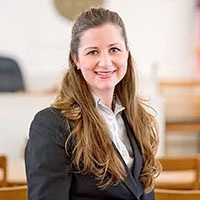Severn Estate Lawyer, North Carolina
H. Lawrence Armstrong
Civil Rights, Personal Injury, Family Law, Wills & Probate
Status: In Good Standing
1-3 of 3 matches. Page 1 of 1
Lawyer.com can help you easily and quickly find Severn Estate Lawyers and Severn Estate Law Firms. Refine your search by specific Estate practice areas such as Estate Planning, Trusts, Wills & Probate and Power of Attorney matters.

Get a Fully Customized Premium Plan! Call 800-840-0600 today!
